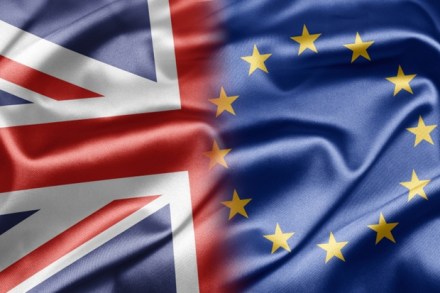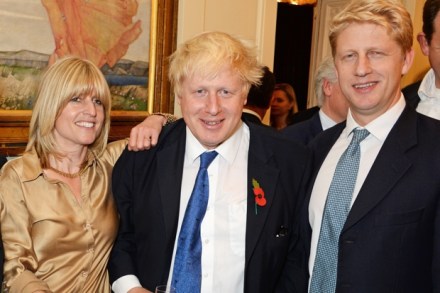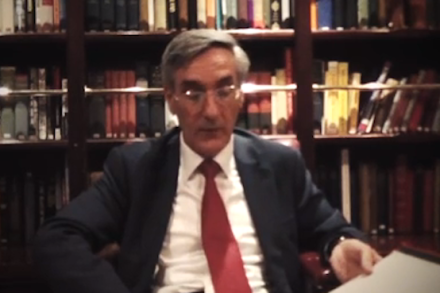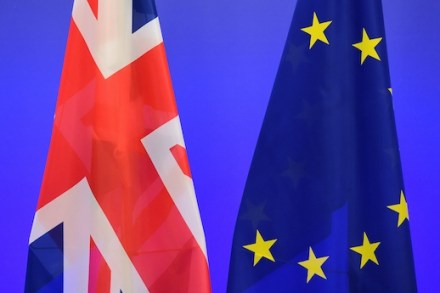David Cameron’s draft EU Deal: full text
The following document has been released by the European Commission: The Heads of State or Government of the 28 EU Member States meeting within the European Council, whose Governments are signatories of the Treaties on which the EU is founded, DESIRING to settle, in conformity with the Treaties, certain issues raised by the United Kingdom in its letter of 10 November 2015, INTENDING to clarify in this Decision certain questions of particular importance to the Member States so that such clarification will have to be taken into consideration as being an instrument for the interpretation of the Treaties; intending as well to agree arrangements for matters including the role of national Parliaments in the EU and



















